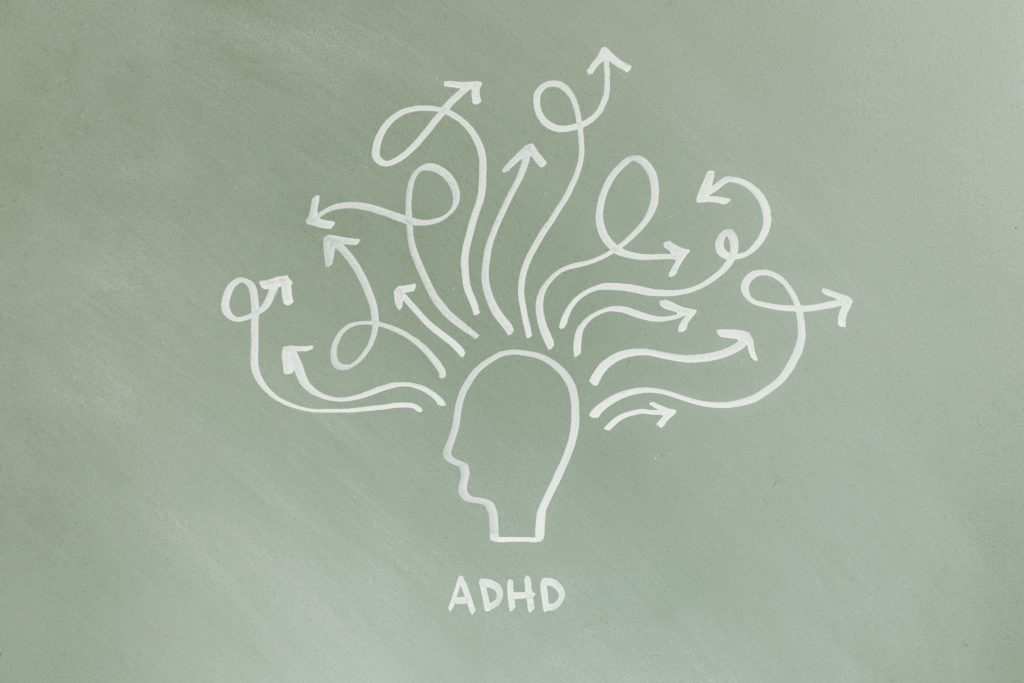
Attention Deficit Hyperactivity Disorder (ADHD) is a neurodevelopmental disorder that affects an individual’s ability to focus and control their impulses. It is typically diagnosed in childhood, but it can also be present in adults. In fact, about 4% of adults in Nigeria have ADHD.
Symptoms of ADHD in adults can vary, but some common signs include difficulty paying attention, impulsivity, disorganisation, and difficulty managing time. These symptoms can affect an individual’s personal relationships, work performance, and overall functioning in daily life.
There is no cure for ADHD, but it can be managed with a combination of medication, therapy, and lifestyle changes. Stimulant medications, such as Ritalin or Adderall, can help improve focus and attention. Therapy, such as cognitive-behavioral therapy (CBT), can help individuals learn coping skills and develop strategies for managing their symptoms.
Lifestyle changes, such as exercise and a healthy diet, can also be helpful in managing ADHD. In addition, setting routines and creating a structured environment can help individuals with ADHD stay on track and reduce distractions.
It is important for individuals with ADHD to seek treatment and support. Left untreated, ADHD can lead to difficulty in personal and professional relationships, financial problems, and an increased risk for substance abuse.
If you suspect that you or someone you know may have ADHD, it is important to speak with a healthcare professional. A proper diagnosis and treatment plan can greatly improve an individual’s quality of life and overall functioning.
For further help and support — Speak with a licensed therapist today on the Blueroomcare App.
The information on this page is not intended to be a substitution for diagnosis, treatment, or informed professional advice. You should not take any action or avoid taking any action without consulting with a qualified mental health professional. For more information, please read our Terms of use
Found this helpful?
Share this article with others who might benefit
